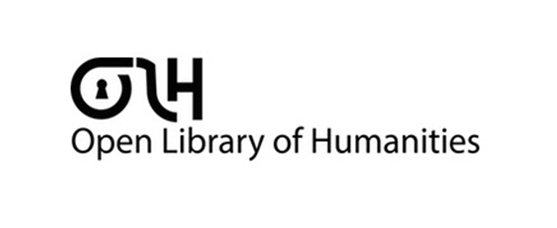We’re thrilled at UWP today to announce that the Open Library of Humanities has entered into a partnership with us to convert the International Journal of Welsh Writing in English into a fully gold open-access journal. Independent peer-review of the journal called it “an absolutely essential resource for any scholar, student or general reader with an interest in Welsh writing in English”. The recent international library board vote admitted this journal, along with five others, with 89.19% of the votes being in favour. This development marks the first time that the Open Library of Humanities has partnered with a university press to achieve a conversion to open access.
The journal will continue to be published by the University of Wales Press using their high editorial and production standards but will be hosted on the OLH’s submission and presentation platform. There will be no author-facing charges to publish in the journal, which will be a gold open-access venue.
It’s been wonderful to work with Dr. Matthew Jarvis, the journal’s Editor and Professor Martin Eve and Dr. Caroline Edwards at OLH to achieve this key landmark for UWP. Martin and Caroline have been so helpful and informative in their evident support for not-for-profit, mission-driven university presses; we thank them for their expert and friendly steerage along the way.
Helgard Krause, UWP’s Director adds “UWP is delighted to partner with OLH to move IJWWE to an OA model on the established and reputable OLH platform; the wider access facilitated by OA is especially welcome in this key area of research and scholarship about Wales.”
But for those who prefer print, we envisage publishing a print version periodically to capture a range of articles as a book for sale. So once we are up and running, do check out the articles – with gold OA, they’ll be freely accessible at point of use for anyone with a computer. We are sure that the Welsh writing in English canon will enrich and stimulate debate, and spur readers on to delve further into this valuable but too often overlooked field of literature.
Sarah Lewis, Head of Commissioning


